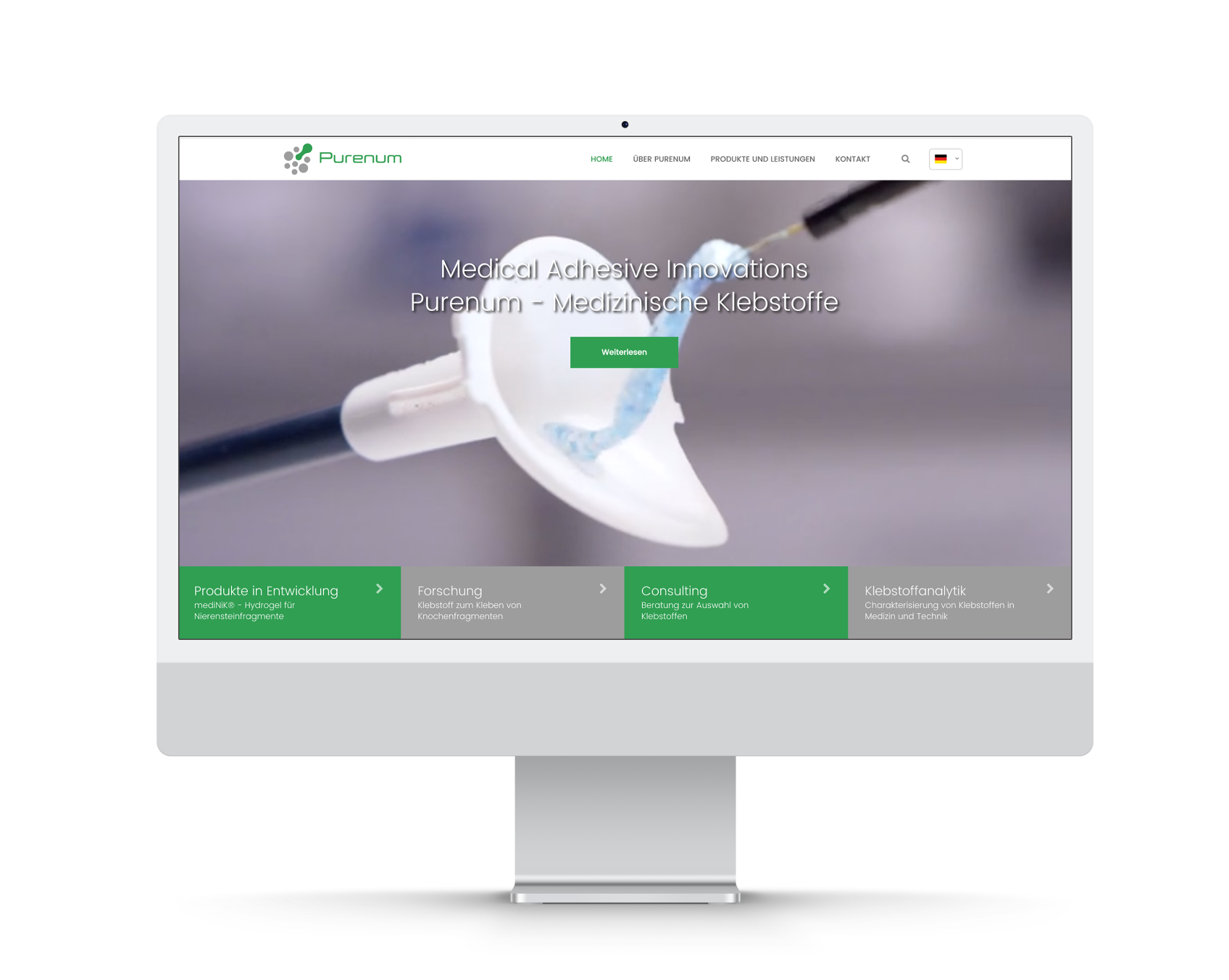For patients —
Kidney stones
Urolithiasis is a common disease of the urinary tract in which kidney or urinary stones can form. These stones can occur in various areas such as the kidney, ureter, bladder or urethra, although they are most commonly found in the kidney and ureter.
Kidney stones
Calcium oxalate and calcium phosphate stones are the most common (70 to 80%), followed by uric acid stones (approx. 10 to 15%). Kidney and urinary stones occur when the urine produced in the kidneys contains too high a concentration of certain salts or uric acid.
Risikofaktoren, die die Bildung von Nierensteinen begünstigen, sind zum Beispiel
- Incorrect diet
- low fluid intake
- Diseases such as metabolic disorders and recurrent urinary tract infections
- Smaller fragments (residual fragments) that remain in the urogenital tract after kidney stone therapy
Smaller kidney and urinary stones can remain asymptomatic and are excreted naturally in the urine. The typical colicky pain occurs when the stone blocks the urinary tract. The symptoms include small urine amounts, a strong urge to urinate, blood in the urine, bladder cramps and sudden cramp-like flank pain in the kidney area radiating to the abdomen, back or genital area.
If kidney stones are detected by imaging procedures such as ultrasound or X-ray, the doctor decides whether non-interventional or interventional therapy should be carried out. Non-interventional therapy involves waiting for the stone to pass spontaneously with regular monitoring and supportive medication. In interventional therapy, the kidney stones are broken up using lasers or shock waves and, depending on the procedure, actively removed using special instruments.
After treatment, recurrence prophylaxis is recommended, i.e. measures that reduce the risk of kidney stones forming again. These can be specifically tailored to the type of kidney stone or general measures to adjust fluid intake, diet and/or lifestyle are recommended.
